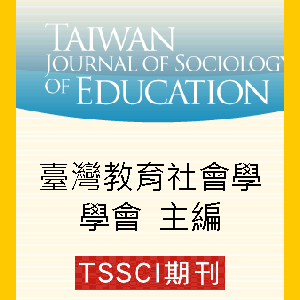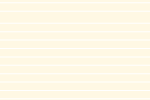| 篇名 | |
|---|---|
| 並列篇名 | Delinquent Behaviors of Junior High School Students: A Social Capital Perspective |
| 作者 | 謝志龍 |
| 中文摘要 | 本文使用封閉性網絡與擴展性網絡兩種不同的社會資本型式,探討親代與子代的社會網絡對國中學生偏差行為的影響。前者指父母網絡,是由父母、子女同學以及子女同學的父母共同形塑出有效規範與訊息傳遞的封閉性網絡,它隱含父母主導子女行動模式的權力與態度。後者指同儕網絡,是青少年所擁有的朋友之數量與品質而開展出向外聯繫的擴展性網絡,具有多元、複雜與異質的特色。研究結果如下:第一,父母網絡對於國中學生的偏差行為不具影響力,代間封閉性網絡並非是有效理解國中青少年偏差行為的機制。第二,國中學生所結交的朋友相當重要,擴展性的「負向」同儕網絡會加劇青少年的偏差行為,但擴展性的「正向」同儕網絡則會減緩青少年的偏差行為。 |
| 英文摘要 | This paper was aimed to explore the impact that social capital had on the delinquency of junior high school students. It was expected that both closure and expansion of social networks would play active roles in the formation of children's behaviors. The former referred to parental networks that seemed to have the authority to control children's behaviors in schools, and the later referred to adolescents' ego-networks. When adolescents' friends were more diverse and from mixed backgrounds, peer networks might affect their behaviors. The results showed that peer networks had a significant effect on adolescent delinquency. While “negative” peers could worsen the degree of delinquency, “positive” peers appeared to exert positive influence on their deviated behaviors. Parental networks, on the other hand, had no significant connection with junior high school students' delinquency. |
| 起訖頁 | 129-165 |
| 關鍵詞 | 國中學生、偏差行為、社會資本、父母網絡、同儕網絡、Junior High School Students、Delinquency、Social Capital、Parental Network、Peer Network |
| 刊名 | 臺灣教育社會學研究 |
| 期數 | 201112 (11:2期) |
| 出版單位 | 臺灣教育社會學學會 |
| 該期刊-上一篇 | 國小教師教學生活世界宰制與覺醒 |








